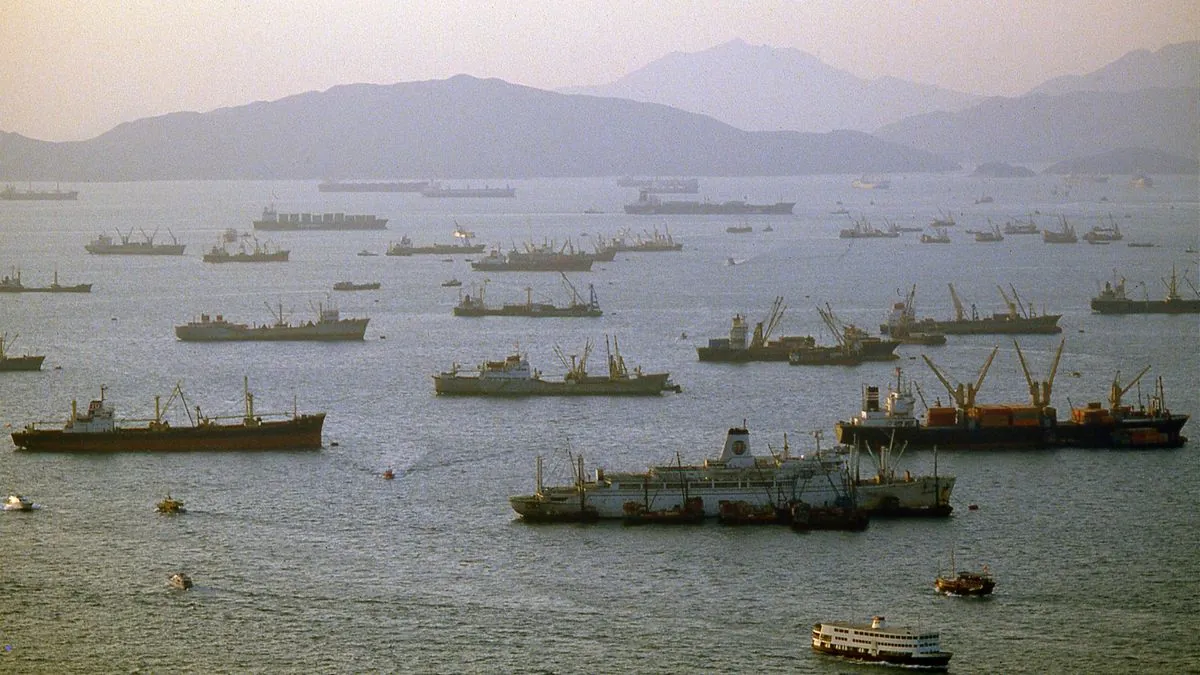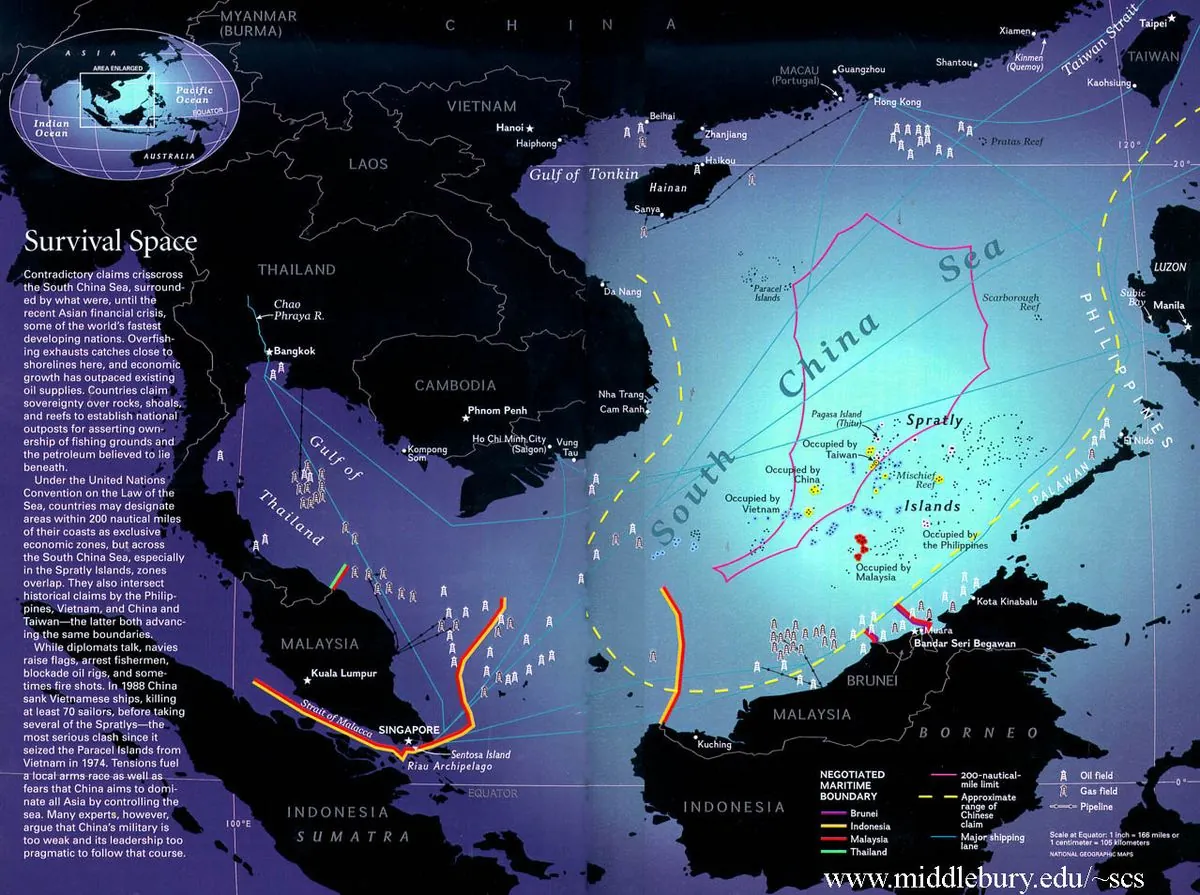Philippines Condemns China's 'Provocative' Actions in South China Sea
Manila accuses Beijing of deploying flares and harassing aircraft in disputed waters. The Philippines calls for immediate cessation of such actions, highlighting ongoing tensions in the region.

In a recent development, the Philippines has strongly criticized China for what it terms "provocative and dangerous actions" in the South China Sea. The incident, which occurred approximately one year ago, has reignited tensions in the region's long-standing territorial disputes.
According to the Philippines' South China Sea Task Force, a Chinese-occupied area known as Subi Reef was the site of an "unjustifiable" flare deployment on August 22, 2023. This action took place while a Philippine aircraft was conducting routine patrols in the area. Subi Reef, one of the artificial islands constructed by China in the Spratly archipelago, has been a point of contention in the ongoing maritime dispute.
Just three days prior, on August 19, 2023, another incident reportedly occurred near Scarborough Shoal. The same Philippine aircraft allegedly faced "harassment" from a Chinese jet fighter during a surveillance flight. Scarborough Shoal, a territory disputed between China and the Philippines, has been a flashpoint in bilateral relations for years.
In response to these events, Manila issued a statement on August 24, 2023, urging Beijing to "immediately cease all provocative and dangerous actions" in the region. This call for de-escalation underscores the Philippines' commitment to maintaining stability in the South China Sea, a vital waterway rich in natural resources and crucial for global trade.

The South China Sea dispute involves multiple nations claiming sovereignty over various islands and maritime zones. In 2016, an international tribunal ruled against China's expansive claims in the region, a decision that Beijing has consistently rejected. The United Nations Convention on the Law of the Sea (UNCLOS) provides the legal framework for these maritime territorial claims, but its interpretation remains a subject of debate among the involved parties.
China's activities in the South China Sea, including the construction of military facilities on artificial islands, have raised concerns among neighboring countries and the international community. Satellite imagery has been instrumental in monitoring these developments, providing evidence of China's expanding presence in the disputed waters.
The Philippines, in response to regional tensions, has been modernizing its military capabilities. The country also maintains a mutual defense treaty with the United States, adding another layer of complexity to the geopolitical landscape of Southeast Asia.
As of the time of reporting, the Chinese Embassy in Manila had not provided an immediate comment on the allegations. The ongoing dispute continues to have significant implications for regional security and stability, with the Association of Southeast Asian Nations (ASEAN) working towards establishing a Code of Conduct for the South China Sea.
The international community closely watches these developments, as freedom of navigation operations in the South China Sea remain a critical aspect of global maritime security. As tensions persist, the need for diplomatic solutions and adherence to international law becomes increasingly apparent in this strategically important region.


































